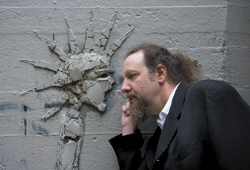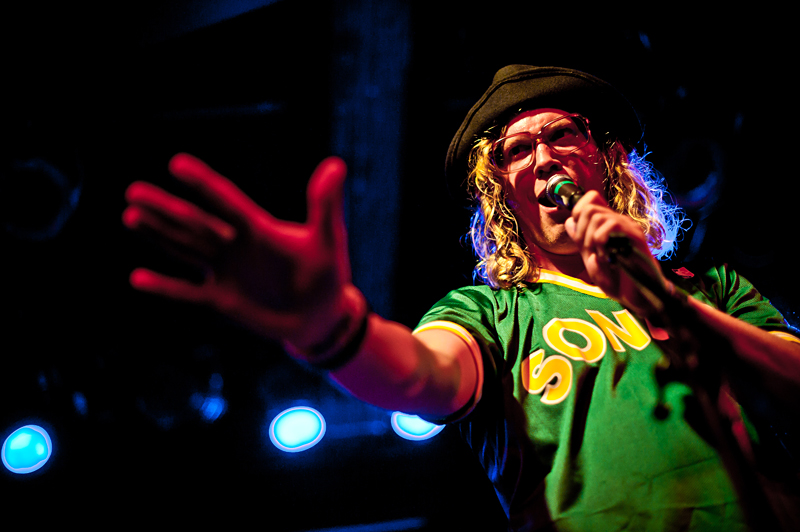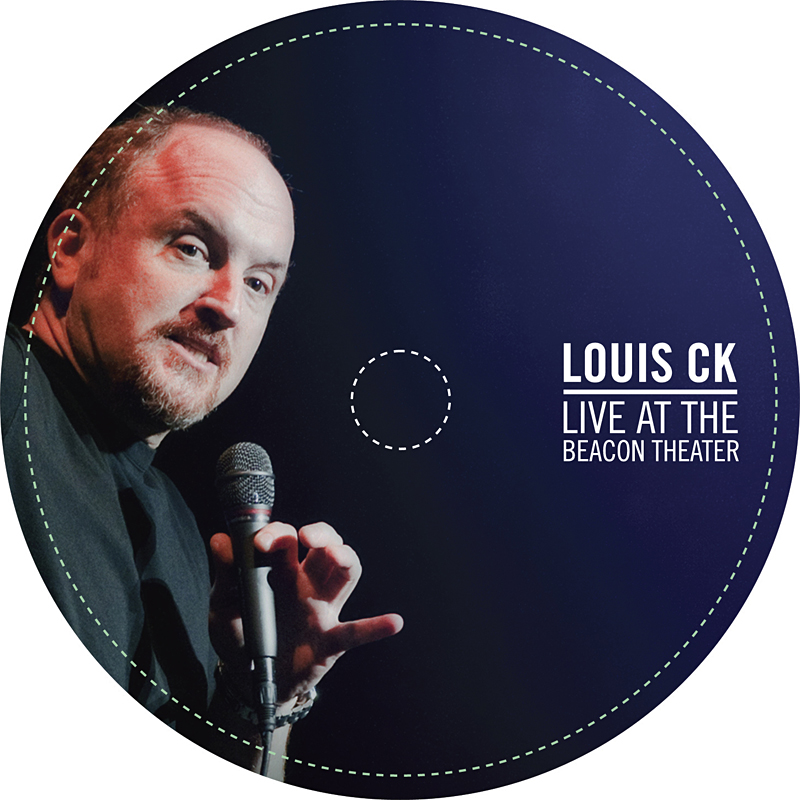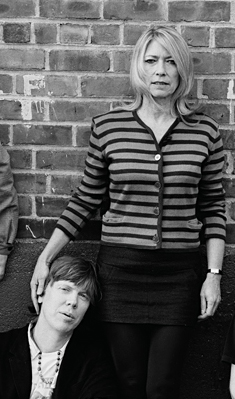Far be it from Seattle to take for granted that a true guitar master lives here. Yes, an acoustic virtuoso who is conversant with ragas, flamenco, Appalachian folk, Gypsy swing, and the mystical improvisational techniques of Robbie Basho, Sandy Bull, and the immortal John Fahey. This is a man who, like those great players before him, has trained his instrument to be multilingual, to switch tongues at his command, to do what he tells it to do. His name is Richard Bishop.
A Detroit native who, along with his brother Alan and the late Charlie Gocher, made underground music history as the Sun City Girls, Bishop has called Seattle home since the early ’90s. For 26 years, the Sun City Girls had the strangest of careers, constantly stirring their blend of noise, punk, and free jazz, releasing (seemingly by the bucketful) CDs, singles, LPs, videos, and cassettes—some of which were unlistenable, while others, such as Torch of the Mystics, challenged nearly every preconceived notion of music. In fact, Sir Rick’s playing on that album’s “Radar 1941” should be forever preserved by some cultural institute of sound somewhere.
Instead of relentlessly touring the U.S. like most underground bands, the Girls chose to travel the Middle East and Southeast Asia, bringing back audio souvenirs, which the brothers Bishop have continued to release on their Sublime Frequencies label in the form of compilations like Radio Thailand and Radio Algiers. As critic Byron Coley said, SCG were “America’s cultural ambassadors.”
Locally, rumors following their live performances only furthered their eccentric legacy. According to legend, SCG posted flyers announcing they would play Coltrane’s Live in Seattle. When they showed up to the club, they threw Coltrane’s Live in Seattle on a turntable, then left.
When Gocher passed away last February from lung cancer, the brothers Bishop decided that SCG would no longer exist as a band. But even before that announcement, SCG’s performances were limited to exactly one festival appearance per year for the past three years because of Gocher’s health. So if the retirement of one of the most underground of underground bands failed to register, it was for good reason.
Since then, however, Sir Richard has played a fair amount of shows about town, in venues ranging from the Wall of Sound record store to the Moore Theatre, where he opened for Brazilian psychedelic legends Os Mutantes. He’s also toured with Bill Callahan and Will Oldham, and has released two solo LPs showcasing the impressive spell he casts over his instrument: While My Guitar Violently Bleeds (released last spring on Locust) and Polytheistic Fragments (released Sept. 25 on Drag City).
While My Guitar Violently Bleeds seemed to deal in idioms. Bishop was just playing the acoustic improv styles we had heard before, but it was so damn good it was transcendent. Yet what distinguishes Bishop from his forebears (Fahey, Basho, Bull) is his overall worldliness. Whereas Fahey sounded like he was from another planet, Bishop knows he is an earthly specimen, and does his best to connect the dots of far-flung locals with his little instrument.
Polytheistic Fragments travels the globe of improv guitar, with a few touches of jazz and blues thrown in. There are desert-y Middle Eastern tones (“Rub Al Khali”), Gypsy swing–inflected numbers (“Elysium Number Five”), a nod to Appalachia (“Tennessee Porch Swing”), and frequent punk flare-ups throughout, in which Bishop sounds like he’s scraping the varnish off his instrument with his pick (this is another distinction from the elders: He doesn’t finger-pluck).
For all its guitar mastery, Fragments‘ highlight is, oddly enough, the lengthy Sheila Chandra–esque piano meditation “Saraswati.” It easily falls into the SCG-invented genre “narcolodica,” an improv technique designed to slow down time. Over a tambura drone, Bishop patiently lets his fingers fall on a piano that is thick with reverb. It’s a deeply contemplative number that, like a true meditation, makes you forget about yourself.
By the time Polytheistic Fragments is finished, you feel like you’ve traveled to the farthest reaches of the world, riding shotgun on Bishop’s fretboard. He doesn’t make a conscious effort to be your tour guide; he just sits down and improvises, and the sounds of the world creep in. BRIAN J. BARR








